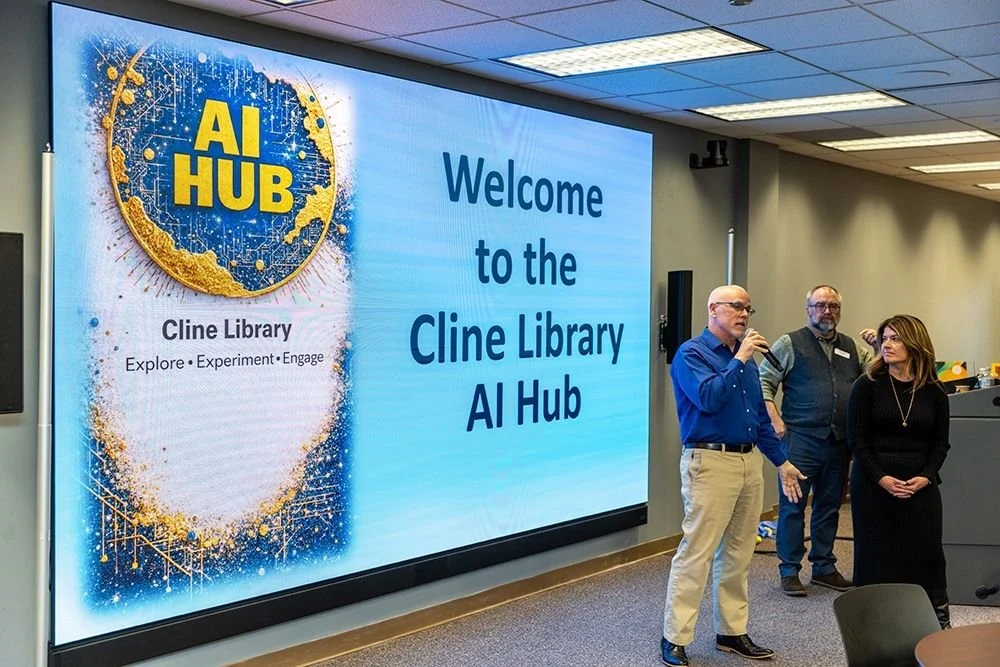Professor Rose Luckin warns schools against ‘staggering shots in the dark’ on generative AI
Photo credit: Professor Rose Luckin
A recent LinkedIn post by Professor Rose Luckin has questioned whether schools should commit significant resources to generative artificial intelligence (AI).
Luckin, Professor at the Institute of Education, University College London, and Founder of Educate Ventures Research Limited, is an international authority onAI in education. She analyzed the latest Big Tech earnings and their implications for schools, noting, “This week's Big Tech earnings revealed a staggering truth: companies are spending over $350 billion on AI infrastructure in 2025, yet virtually none can point to meaningful revenue from generative AI.”
Big Tech spending patterns
Luckin writes, “Meta's planning a $100+ billion investment in 2026—equal to 50% of their expected revenue. Microsoft's pouring $120 billion into data centres. Amazon can't meet AI demand but AWS growth is ‘disappointing.’ Even Zuckerberg admits Meta ‘doesn't expect generative AI to have much impact on revenue for at least the next couple of years.’”
She also highlights the link between performance and traditional sales growth rather than AI capabilities: “Nvidia leads with +1,247% performance because they sell the infrastructure. Apple shows +45% with minimal AI investment but strong fundamentals.”
Traditional AI versus generative AI
In her post, Luckin urges readers to “distinguish between AI (pattern recognition, data analysis, recommendation systems) and generative AI (content creation, conversational interfaces).” She notes, “Traditional AI already works—it's powering Meta's advertising improvements and Google's search algorithms. Generative AI? That's the $350 billion bet with unclear returns.”
Implications for education
Turning to schools, Luckin warns, “Schools are being swept up in generative AI hype, but the biggest tech companies can't even explain their revenue models yet, nor exactly how their foundation models work!” She acknowledges that “the UK's DfE has done excellent work with their generative AI safety expectations—exactly the measured approach we need,” but cautions that this “can't correct for the underlying foundation model problems I discussed last week.”
She poses the question, “If Meta describes their investment as a ‘staggering shot in the dark,’ should cash-strapped schools be making similar bets?”
Educational value and measured adoption
Luckin draws a distinction between the “clear educational applications” of traditional AI—such as personalised learning paths, automated marking, and data analysis—and the “largely theoretical” benefits of generative AI.
She writes, “Perhaps the most telling insight: ‘AI is at its most powerful when it is a collaborator, not a crutch.’”
Her conclusion is that “schools should learn from Big Tech's approach, not copy it. Take advantage of proven AI applications whilst remaining sceptical of generative AI promises that even billion-dollar companies can't yet justify. The stakes in education are different from Silicon Valley. We can't afford ‘staggering shots in the dark’ with children's learning.”
























